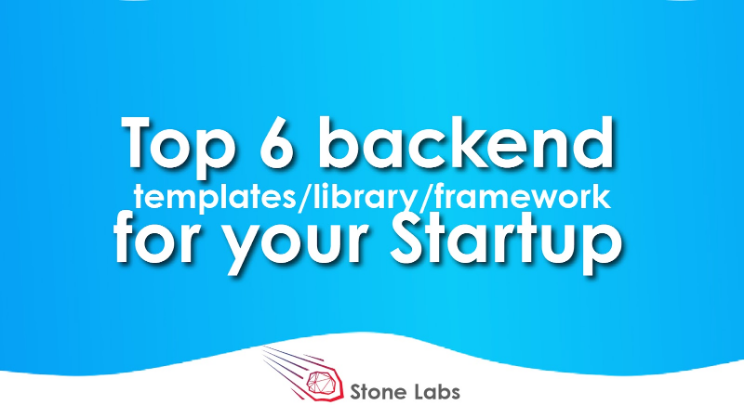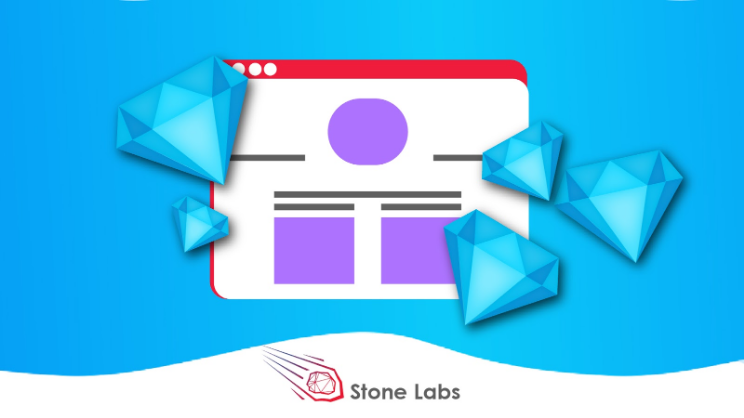Being at the crossroads of many groundbreaking project ideas, we are happy to share the ones that have piqued our curiosity and challenged our creativity. This week, we focus on a startup idea that will revolutionize the hospitality industry – a hotel management business.
The primary goal of this startup is to create a comprehensive solution to streamline hotel management processes. From inventory management, customer service, bookings to staff coordination, the envisioned platform aims to consolidate these functionalities and simplify operational complexities for hoteliers.
The key objectives of the startup include:
– Facilitate seamless hotel management operations through an integrated platform.
– Increase efficiency in service delivery to enrich the customer experience.
– Reduce operational costs by eliminating redundancies and automating repetitive tasks.
– Provide hotel managers with real-time data and insights to support decision making.
At Stone Labs, our preferred approach to turning this startup idea into reality would involve meticulous planning, in-depth industry research, robust design, and agile development methodologies. We understand that every startup idea is unique and has its own specific needs, challenges, and target audience. We would begin this project by defining the specific features and functionalities the platform would need to meet the stated goals.
The software solution would have a sleek, modern and professional design, ensuring ease of use for both operators and end users, with a focus on intuitiveness and simplicity. We would use our extensive experience in developing custom IT solutions to ensure that the platform was reliable, scalable and secure.
In addition, we would take a data-driven development approach, using user feedback and industry trends to iteratively refine the platform. From concept development, business analysis, coding, and fine-tuning, we would provide end-to-end product support.
Stone Labs excels at turning startup dreams into reality, and we take pride in our ability to help nascent ideas grow into successful, scalable businesses. With our involvement, this hotel management business idea would not only become a reality, but an industry game-changer that would set new standards in hospitality management software.
Remember, every great startup starts with an idea, and at Stone Labs, we’re here to help you technically implement, iterate and scale your vision. Look forward to more inspiring startup ideas in our next issue of Startup Ideas, brought to you by Stone Labs.




